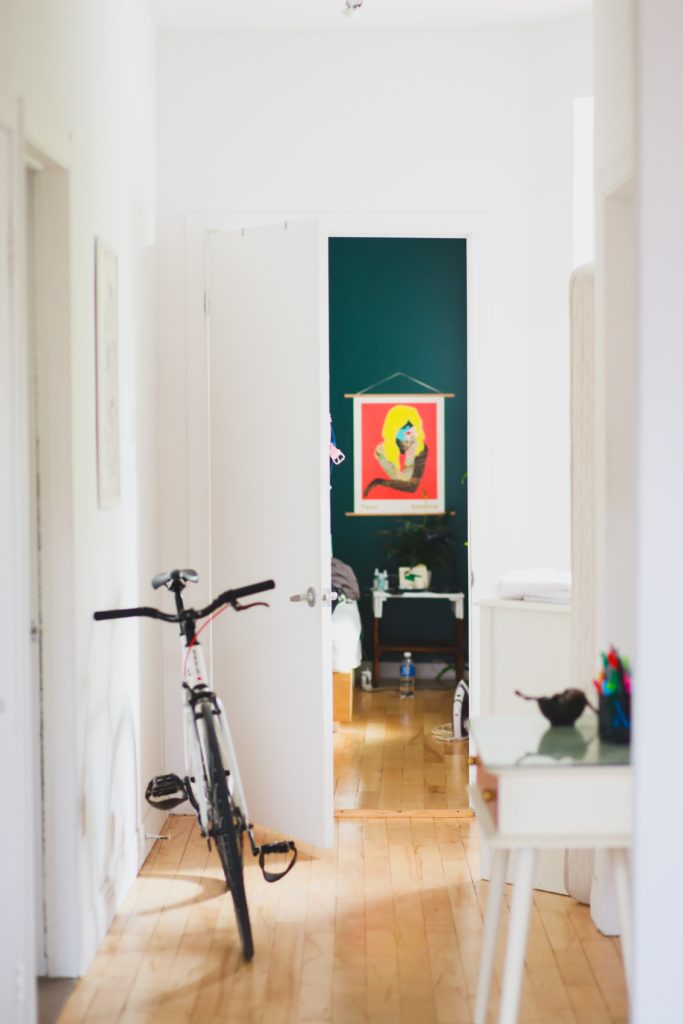Escrow is the process through which a home is bought and sold under the supervision of a neutral third party. The third party oversees the transfer of the property deed and funds to their respective owners, and ensures all contractual guidelines are followed. Escrow is beneficial for both the buyer and the seller, because the process protects them from breaches in the contract.
Are you in the market for a new home? Check out my post on how to buy in a seller’s market.

What are the two types of escrow?
There are two types of escrow accounts you can have: one is when you buy your home, and the second occurs while you’re a homeowner, until your mortgage is paid off.
When you buy your home:
The first phase starts after you and the seller have agreed to the terms of a contract. Then, the title holding company runs a search for the home title to look for any discrepancies, encumbrances, or other problems. If there are no issues with the title, then the home is cleared for closing. Your escrow agent will begin the closing process, during which the buyer and sellers sign documents such as agreements, and buying, selling, or lending instructions. When all is said and done, the buyer will receive the deed to the home, and the seller will start to receive the money for the purchase.
While you’re paying off your mortgage:
The next phase of escrow is between the buyer (now proud homeowner) and the mortgage lender. It is done through an escrow account that is usually controlled by the mortgage lender. The lender pays expenses such as property tax and homeowner’s insurance from the escrow account. In your monthly mortgage bill, these expenses will be reflected after a calculation of the yearly expenses required by your state.

Buying a home can be tricky. Have a look at my post on why you need a buyer’s agent to find out more information about agents.
Why is escrow necessary?
Escrow means security for both the seller and the buyer. For example, let’s say you’ve paid part of a deposit on a home, but then suddenly the seller tries to negotiate new terms that you didn’t agree to. They won’t return your deposit, and you’re forced into a situation you don’t want to be in, or you’ll lose it. Or, on the other hand, the buyer could also make more demands before relinquishing the rest of the money you’re owed as the seller. Though we want to believe in the best of people, unfortunately these types of things can happen.
Another benefit when having an escrow account as a homeowner is that you’re guaranteed to have enough money for property and insurance expenses. All escrow payments are lumped into your mortgage bill, so there’s no need to cut a check to multiple agencies every month or year. On a yearly basis, your escrow payments will increase or decrease, depending on tax fluctuations. If you remain with the same lender, your payments will likely be more stable.
Got questions about escrow or the home buying process? Email me at sian@sianpugh.com and I’ll get back to you quickly. Looking for a new home in DC, MD, VA, or WV? Check out my property search tool and contact me if you’d like to arrange a showing.
Found this post useful? You may also enjoy:
- What Home Inspectors Look For
- What Impacts the Resale Value of a Home?
- Negotiating Tips for Homebuyers


Leave a Reply